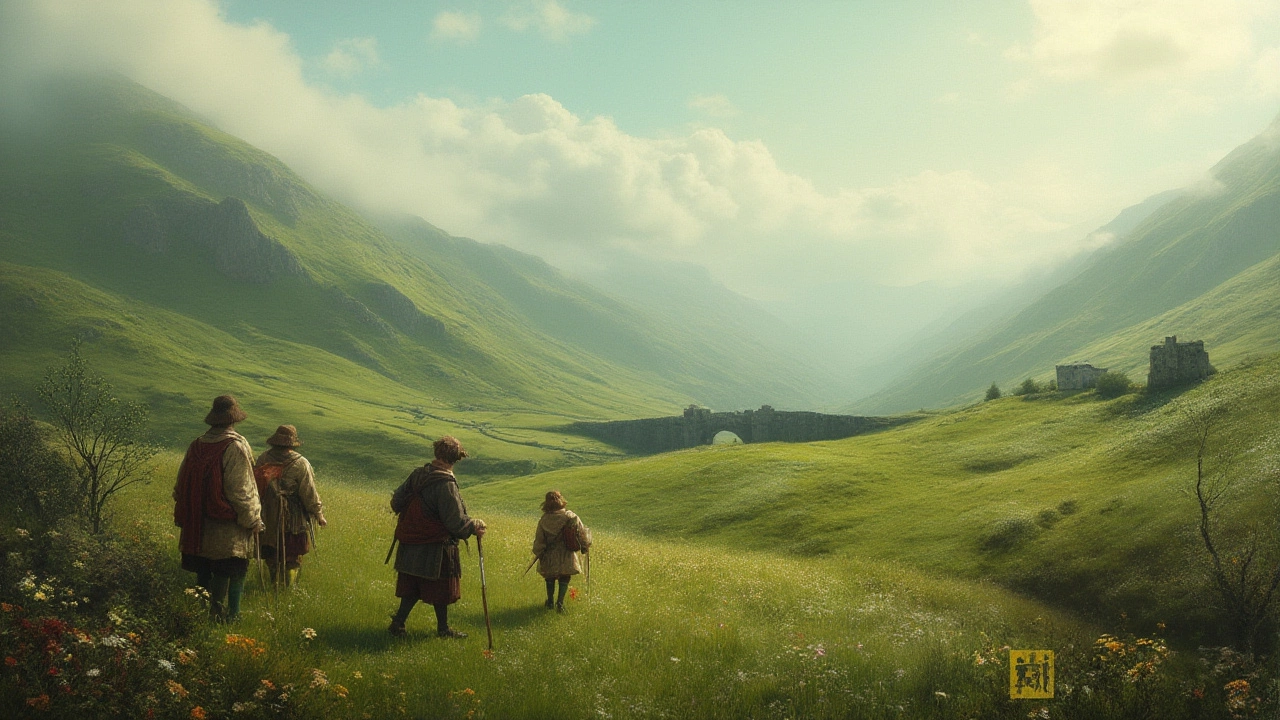Golf Name Origin: Why It's Called Golf and How It Spread
When you hear the word golf, a sport played on grass with clubs and balls, dating back centuries in Scotland. Also known as the game of golf, it’s one of the few sports whose name isn’t just a description—it’s a mystery wrapped in history. Most people think it comes from the Dutch word colf or kolf, meaning club. That’s close, but not the full story. The real origin ties directly to medieval Scotland, where the game was played on coastal land called golfing fields—and the name stuck because it sounded like the local way people said it.
The earliest written record of the word golf shows up in a 1457 Scottish parliament document. King James II banned it because soldiers were skipping archery practice to play this noisy, distracting game. The law didn’t stop golf—it made it famous. By the 1600s, the term was used across Scotland, and when the British Empire spread, so did the name. Unlike tennis or rugby, which are named after places or people, golf is a linguistic fossil—its spelling changed, but the sound stayed. It’s not derived from God, Life, Oxygen, and Pleasure—that’s a myth made up by marketers. The real root? A simple, old Scots word for a club or stick, passed down through generations of players who didn’t care about fancy origins—they just wanted to hit the ball.
Related to this are the tools and rules that grew alongside the name. The golf club, the specialized equipment used to strike the ball, with distinct types for different shots evolved from wooden mallets to modern titanium drivers. The golf course, the designated land where the game is played, often with hazards and greens started as rough coastal terrain and became meticulously designed layouts. Even the 18-hole standard, the official number of holes in a full round of golf, established by the Royal and Ancient Golf Club of St Andrews came from tradition, not science. The Royal and Ancient Club in St Andrews had 12 holes, then added six more in 1764. Players liked it. So everyone else copied it. That’s how rules become law.
Today, the name golf carries no hidden meaning—it’s just the word that stuck. You won’t find it in Latin texts or ancient manuscripts. It’s not borrowed from another language. It’s Scottish, plain and simple. And that’s why every time someone says "golf," they’re saying a word that’s been spoken for over 500 years, passed down from shepherds and soldiers, kings and caddies. The game changed. The clubs got lighter. The balls got dimpled. But the name? It never moved an inch.
Below, you’ll find real stories and facts from people who’ve lived this history—why the name matters, how it spread, and what it means to play a game with a name older than most countries.
Why is Golf Called Golf? The Surprising History Behind the Name
Ever wondered why golf is called golf? Discover the true story, quirky myths, and Scottish roots behind the name in this deep dive into the language of the links.





